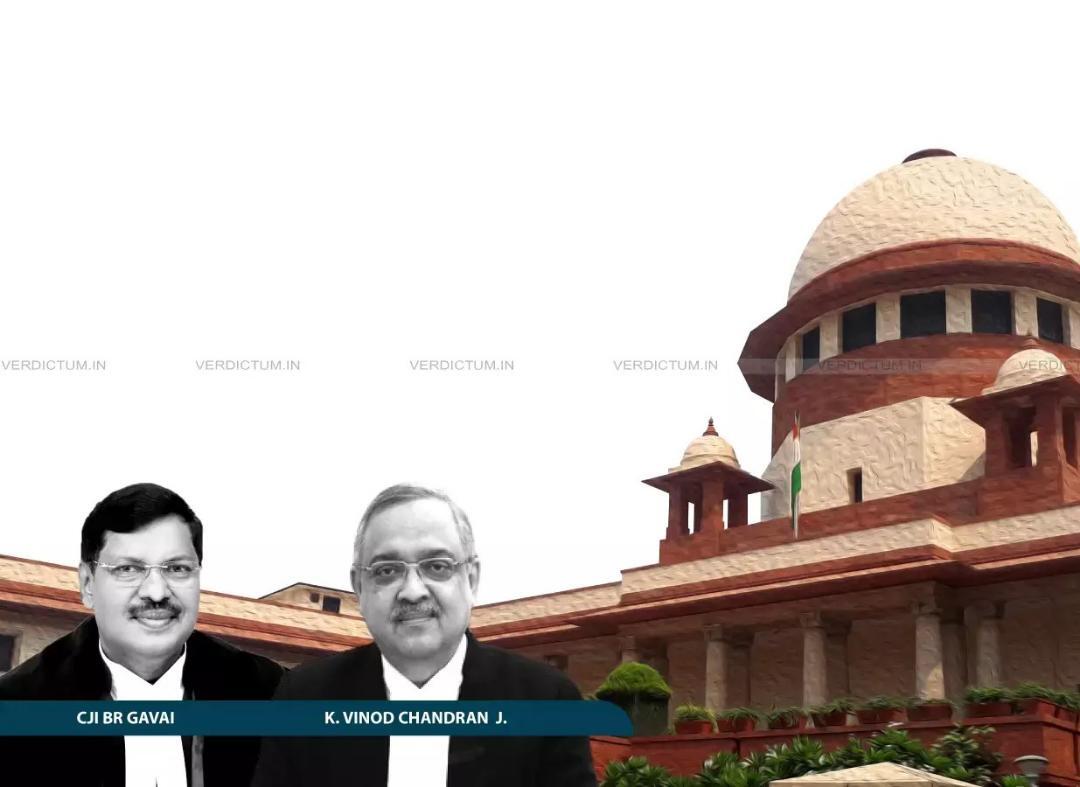
Our Constitution Mandates Supremacy of Constitution: Supreme Court
The Supreme Court of India has once again reiterated the importance of the Constitution as the supreme law of the land. In a recent judgment, while striking down some of the provisions of the Tribunals Reforms Act, 2021, the Court emphasized that our Constitution mandates the supremacy of the Constitution. This judgment is a significant reminder of the fundamental principles of our Constitutional framework and the role of the judiciary in upholding the Constitution.
The Indian Constitution is the foundation of our democratic system, and it is essential to understand the principles that underlie it. The Constitution is the supreme law of the land, and all other laws and institutions are subordinate to it. The Supreme Court, as the guardian of the Constitution, has the responsibility to ensure that the Constitution is upheld and that any laws or actions that violate its provisions are struck down.
In the present case, the Supreme Court was dealing with a challenge to the Tribunals Reforms Act, 2021. The Act had made significant changes to the structure and functioning of tribunals in India, and the petitioners had argued that these changes were unconstitutional. The Court, after examining the provisions of the Act, struck down some of the provisions, holding that they were in violation of the Constitution.
While doing so, the Court emphasized that the Indian Constitutional framework does not subscribe to parliamentary sovereignty, nor does it vest unqualified supremacy in the judiciary. This means that the Constitution is the supreme law of the land, and neither the Parliament nor the judiciary has absolute power. The Constitution is a delicate balance of power between the different branches of government, and each branch has its own role to play in the functioning of the democratic system.
The Court’s emphasis on the supremacy of the Constitution is significant, as it reminds us that the Constitution is the foundation of our democratic system. The Constitution is not just a document that outlines the powers and functions of the different branches of government; it is a living, breathing document that has evolved over time to reflect the changing needs and aspirations of the people.
The Constitution is a social contract between the people and the government, and it outlines the fundamental rights and freedoms that are guaranteed to all citizens. The Constitution also provides a framework for the functioning of the government, including the separation of powers between the legislative, executive, and judicial branches.
The Supreme Court’s judgment is a reminder that the Constitution is not just a document, but a way of life. The Constitution is a reflection of the values and principles that underlie our democratic system, including the principles of justice, equality, and liberty. The Constitution is a call to action, a reminder that we must always strive to uphold the principles of democracy and the rule of law.
The judgment is also significant because it highlights the importance of the judiciary in upholding the Constitution. The judiciary is the guardian of the Constitution, and it has the responsibility to ensure that the Constitution is upheld and that any laws or actions that violate its provisions are struck down. The judiciary is not just a passive observer of the democratic process; it is an active participant, with the power to interpret the Constitution and to decide cases that involve constitutional issues.
In conclusion, the Supreme Court’s judgment is a significant reminder of the importance of the Constitution as the supreme law of the land. The Constitution is the foundation of our democratic system, and it is essential to understand the principles that underlie it. The judgment emphasizes that the Indian Constitutional framework does not subscribe to parliamentary sovereignty, nor does it vest unqualified supremacy in the judiciary. Instead, the Constitution is a delicate balance of power between the different branches of government, with each branch having its own role to play in the functioning of the democratic system.
As we move forward, it is essential to remember the principles of the Constitution and to strive to uphold them. The Constitution is not just a document; it is a way of life, a reflection of the values and principles that underlie our democratic system. We must always strive to uphold the principles of democracy and the rule of law, and to ensure that the Constitution is upheld and respected by all.





